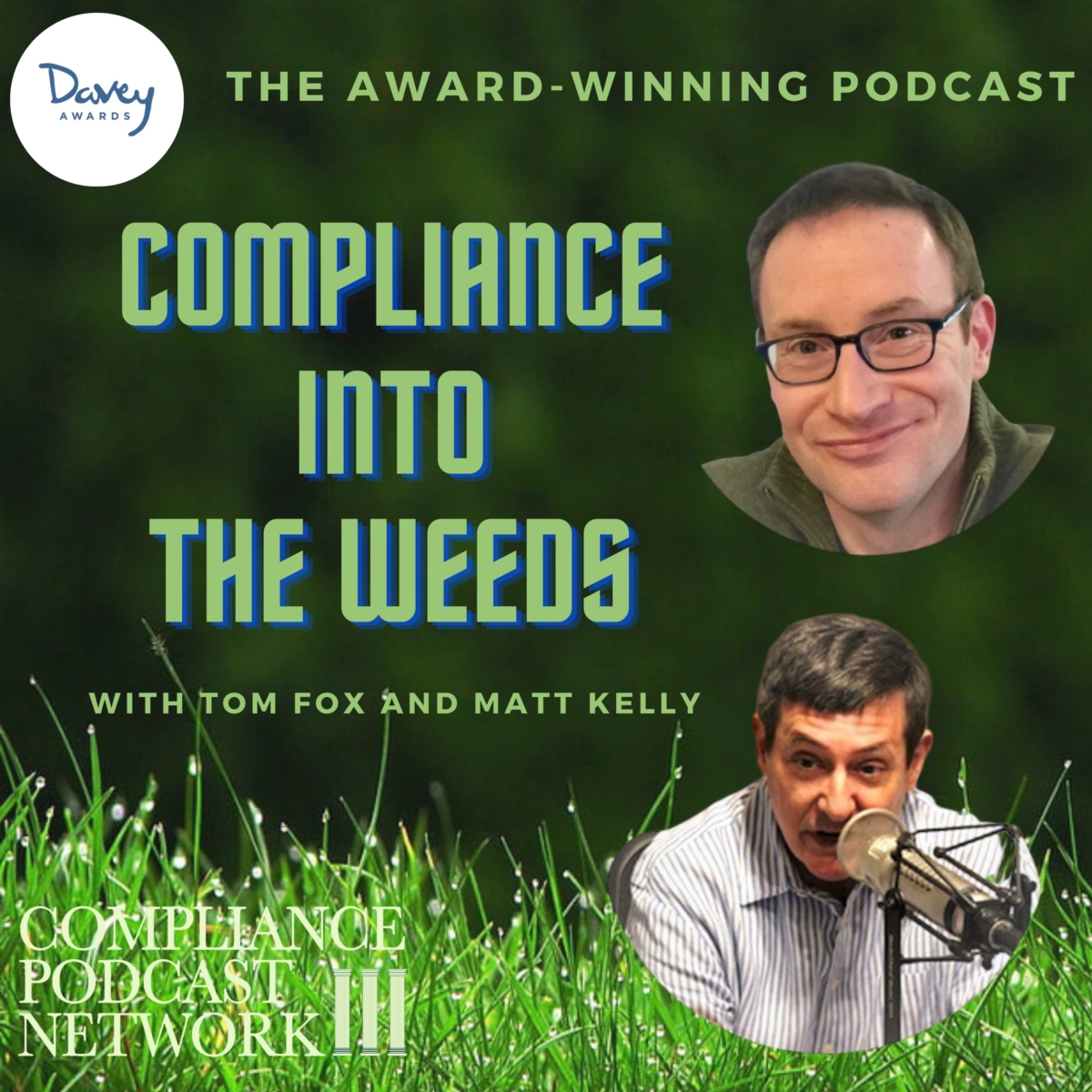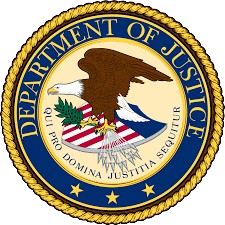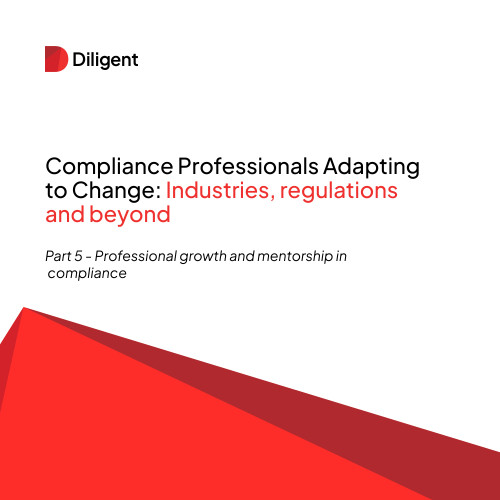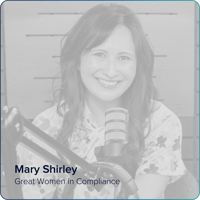The Department of Justice (DOJ) recently launched its Corporate Whistleblower Awards Pilot Program to tackle corporate misconduct under various laws. However, unlike the structured and familiar whistleblower frameworks of the SEC and CFTC, the DOJ’s approach has introduced a more fragmented system. Compliance professionals and company executives must prepare for the unique challenges and opportunities this evolving regulatory landscape presents. In a recent Law360 article, Navigating DOJ’s Patchwork Whistleblower Regime authors Patrick Campbell, Jonathan New, and Jimmy Nguyen explored these frameworks. Based on their article, I want to explore what compliance professionals need to know about the DOJ’s new whistleblower regime, the associated pilot programs, and practical steps to bolster your compliance program in light of this shift.
DOJ’s New Whistleblower Programs: A Patchwork Approach
Over the last year, the DOJ’s Criminal Division and several U.S. Attorney’s Offices have introduced several pilot programs, each designed to encourage individuals to report corporate misconduct in exchange for monetary rewards, Deferred Prosecution Agreements (DPAs) or Non-Prosecution Agreements (NPAs). These initiatives build on DOJ’s previous decade-long efforts to foster self-reporting and corporate accountability through clear compliance guidelines and structured voluntary disclosure policies. But this time, the DOJ has opted for a diverse, patchwork system of whistleblower programs instead of a unified framework.
The DOJ’s new whistleblower regime is primarily split into two types of programs:
- Monetary Awards Program. Launched on August 1, the Main Justice Pilot Program offers financial rewards for whistleblowers who come forward with information about specific types of corporate misconduct. The program focuses on financial crimes, foreign and domestic corruption, and healthcare fraud targeting private insurers.
- NPA Programs. Several U.S. Attorney’s Offices are more focused on granting leniency to whistleblowers who disclose information, even if they had a role in the misconduct. However, the specifics vary across different U.S. Attorney’s Offices, making it difficult for individuals and companies to anticipate how these programs will apply in practice.
Key Components of the DOJ’s Monetary Awards Program
The Pilot Program, which closely resembles the whistleblower programs of the SEC and CFTC, is designed to reward whistleblowers with up to 30% of forfeited proceeds for the first $100 million and 5% for amounts up to $500 million. To qualify, the information provided must:
- This led to a successful enforcement action with over $1 million in net forfeiture proceeds.
- Involve original information—meaning information independently obtained and not derived from public sources.
- Be reported voluntarily and without a preexisting legal obligation to report.
To further incentivize individuals, the DOJ has clarified that any company retaliating against whistleblowers risks losing its cooperation credit and could face additional charges for obstruction of justice. Moreover, the DOJ amended its corporate enforcement policy, giving companies a 120-day window to self-report misconduct raised by an internal whistleblower before DOJ intervention.
U.S. Attorney’s Offices’ Programs: Encouraging Cooperation from Insiders
The U.S. Attorney’s Office’s whistleblower programs are aimed at insiders who may be involved in misconduct, providing them with an opportunity for leniency in exchange for cooperation. However, these programs vary significantly by jurisdiction. For instance, some offices exclude Foreign Corrupt Practices Act (FCPA) violations, while others include specific offenses relevant to their dockets, like intellectual property theft in Northern California and healthcare provider crimes in New Jersey.
This variation means that companies and whistleblowers need to understand the specific requirements of each U.S. attorney’s office program to maximize their eligibility and cooperation credit potential. While individuals can gain leniency for cooperating, the program’s qualifying factors—such as whether the whistleblower’s actions were voluntary and original—make it essential for companies to encourage internal reporting systems.
Implications of a Fragmented Whistleblower Framework
Unlike the SEC’s uniform and straightforward whistleblower program, the DOJ’s approach brings potential confusion. The variability across the DOJ and U.S. attorney’s offices creates a complex decision-making process for whistleblowers and their counsel, particularly when determining which office to approach and under which program. This lack of clarity may impact the quality and volume of tips the DOJ receives, as potential whistleblowers may hesitate due to perceived ambiguity in eligibility criteria, confidentiality protections, and financial award guarantees.
What This Means for Companies and Compliance Programs
While the DOJ’s whistleblower regime may seem daunting, it also significantly emphasizes voluntary disclosure and corporate accountability. Companies would be wise to address the DOJ’s renewed focus on whistleblowers proactively.
Here are several practical steps that compliance professionals should consider:
- Strengthen Internal Reporting Channels. Ensure that employees feel comfortable reporting potential misconduct internally without fear of retaliation. Employees should know they have a safe, reliable method for voicing concerns and that their reports will be taken seriously. Develop clear policies and protections for whistleblowers, as retaliation can cost a company valuable cooperation credit.
- Promptly Investigate Reports. DOJ’s policy now includes a 120-day grace period for self-reporting misconduct discovered through internal whistleblower channels. This means companies must prioritize timely investigations and decisions on whether to self-report to the DOJ, especially for conduct that could fall under the whistleblower programs’ target areas.
- Update Compliance Training Programs. Employees should be informed of their role in supporting the company’s compliance framework, particularly regarding ethical reporting. Conduct regular training on your whistleblower policies, emphasizing the importance of truthfulness, internal reporting channels, and the protections against retaliation. Training should be targeted, effective, and engaging.
- Incentivize Ethical Behavior. Compliance should be more than just an annual checkbox exercise. Companies must incentivize employees to uphold ethical standards by incorporating compliance criteria into performance reviews, compensation structures, and promotion decisions. This strongly conveys that ethical conduct is a priority and will be rewarded.
- Establish a Self-Disclosure Protocol. Given the DOJ’s new initiatives, companies need a clear process for evaluating whether and when to self-disclose misconduct to qualify for leniency. Ensure your compliance team is equipped to make quick assessments, especially for serious misconduct that may lead to forfeiture or prosecution.
- Align with DOJ Expectations on Compliance Programs. The DOJ’s 2024 Update to the Evaluation of Corporate Compliance Programs stressed the importance of having robust, responsive compliance structures that support a culture of ethical behavior. Companies should benchmark the number and nature of internal reports received, the speed of investigations, and corrective actions against publicly available data to assess their program’s effectiveness.
Looking Ahead: The DOJ’s Expanding Whistleblower Framework
The DOJ’s whistleblower regime is still evolving, with many current programs designated “pilots.” However, with U.S. attorney’s offices adopting new programs rapidly, we’ll likely see further developments, including more offices launching their versions of whistleblower awards and NPA initiatives. For companies, this means a sustained focus on compliance practices that support transparency, encourage reporting, and prioritize swift, decisive responses to misconduct.
Principal Deputy Assistant Attorney General Nicole Argentieri recently noted that the DOJ’s “tip line is open,” a clear message to compliance leaders that the agency is leveraging every available tool to uncover corporate misconduct. This heightened regulatory scrutiny means companies must ensure compliance programs meet DOJ standards and actively encourage a speak-up culture.
Final Thoughts: Navigating the New Whistleblower Regime
The DOJ’s fragmented whistleblower framework challenges companies, whistleblowers, and compliance teams. Nevertheless, these programs underscore the DOJ’s commitment to rooting out corporate misconduct through increased reliance on whistleblowers and internal disclosures. Compliance professionals play a critical role in this environment, as companies must have the right systems in place to respond promptly to reports of misconduct, protect whistleblowers, and, when necessary, self-report to the DOJ within the stipulated timeframe.
In this evolving regulatory landscape, companies must remain vigilant, ensuring that their compliance programs are robust, responsive, and capable of supporting a culture that values ethical conduct. By aligning internal practices with the DOJ’s expectations, companies can better navigate the complexities of the new whistleblower regime and position themselves for success in an increasingly scrutinized business environment.







